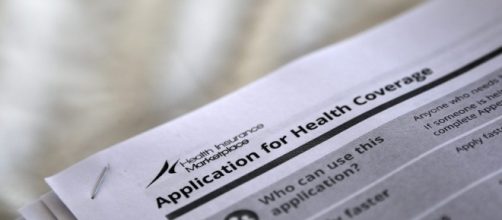Apparently, the House Republicans’ draft bill to repeal Affordable Health Care would not only replace subsidies with less generous tax credits, but adults earning low-income will see their Medicaid eliminated and older insurers could see an increase. Moreover, a large portion of the 20 million people receiving coverage under Obamacare could end up without insurance because it really won’t be affordable, according to Larry Levitt, the senior vice-president at Kaiser Family Foundation. The draft bill does maintain protection for those with pre-existing conditions.
CNN also obtained a copy of the bill, which was dated two weeks. A final version is set to be released during the week of March 6th. Ohio Governor John Kasich is said to be in total disagreement with its legislation and size of tax credits. Kasich told reporters the bill was inadequate and not acceptable. It also not clear how Republicans would pay for the plan. As it stands, the proposal allows for credits ranging from $2,000 for those under the age of 30; from $4,000 for anyone between 60 and 64. This does not apply for Medicare recipients.
Who will benefit from a Republican healthcare plan?
Anyone who earns too much to qualify for assistance under Obamacare will most likely benefit from the proposal.
This includes those who earn more than 400% above the poverty level -- $97,200 for a four-member family or $47,520 for one person. Under Obamacare, states receive federal matching funds to cover qualified, low-income adults. The feds paid 100% of costs for new enrollees for the first three years. Very few states will be able to provide coverage under expansion without an enhanced match.
The plight of affordable health care
Over the years, the U.S. has seen a rise in health care issues ranging from chronic physical ailments to mental health challenges, many requiring medications with astronomical price tags attached. Year after year, employees see wage increases grow increasingly top-heavy while their salaries remain stagnant.
Meanwhile, their families often face health problems with little money to cover costs or help bring peace of mind. No one has to be paid to protest or argue their case regarding health care insurance concerns. The need and worry is real.

